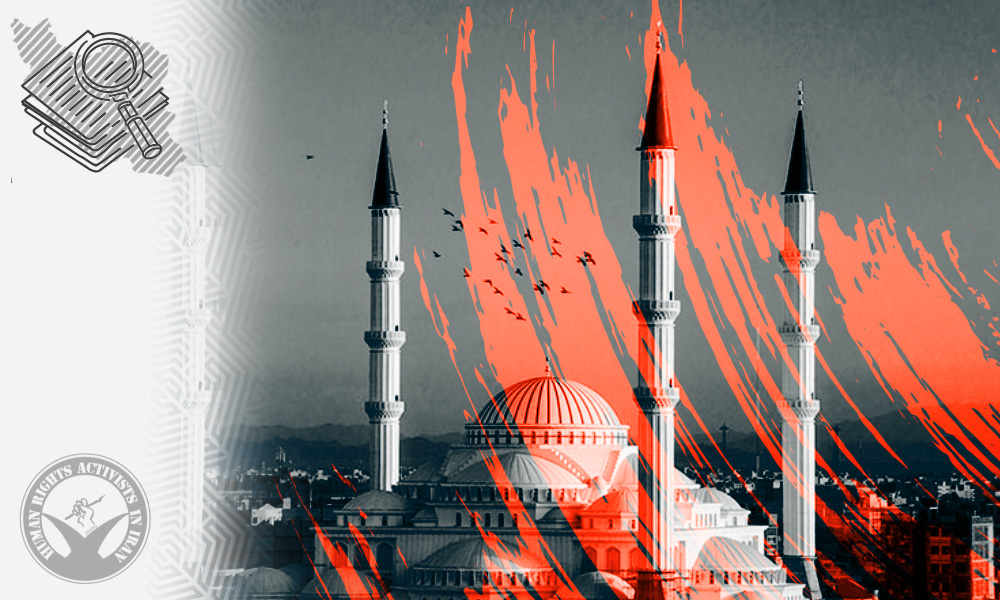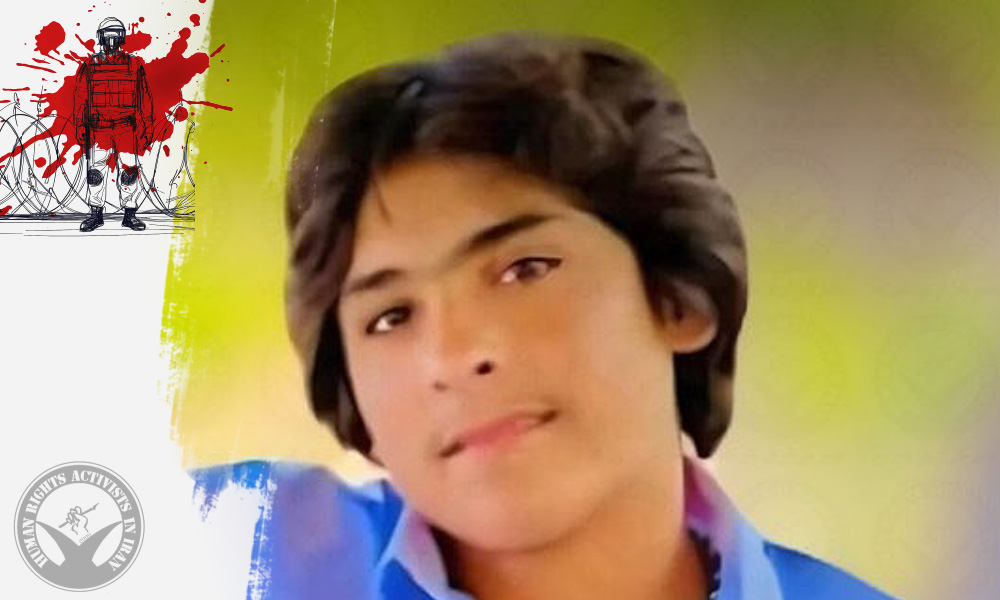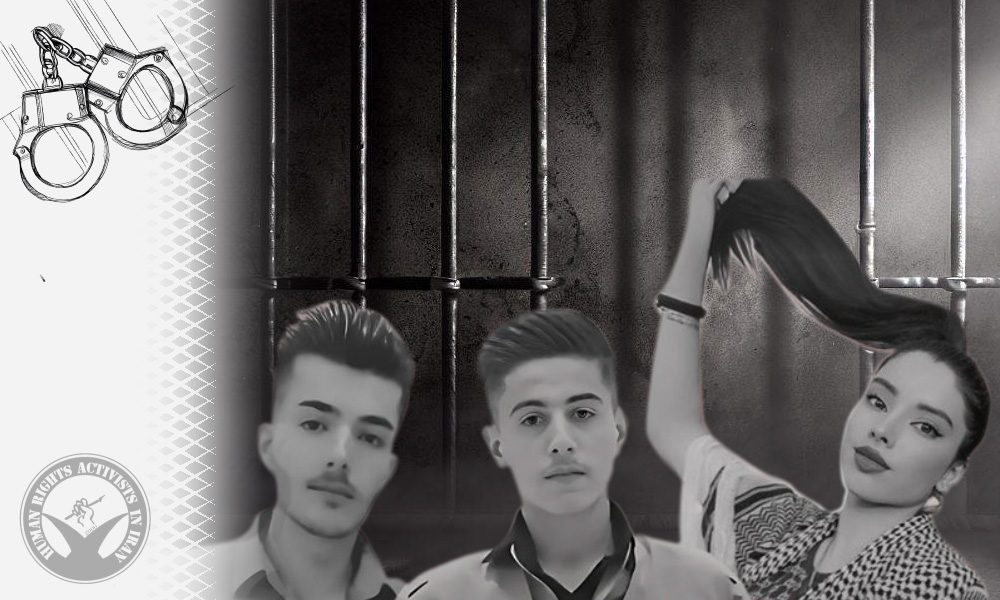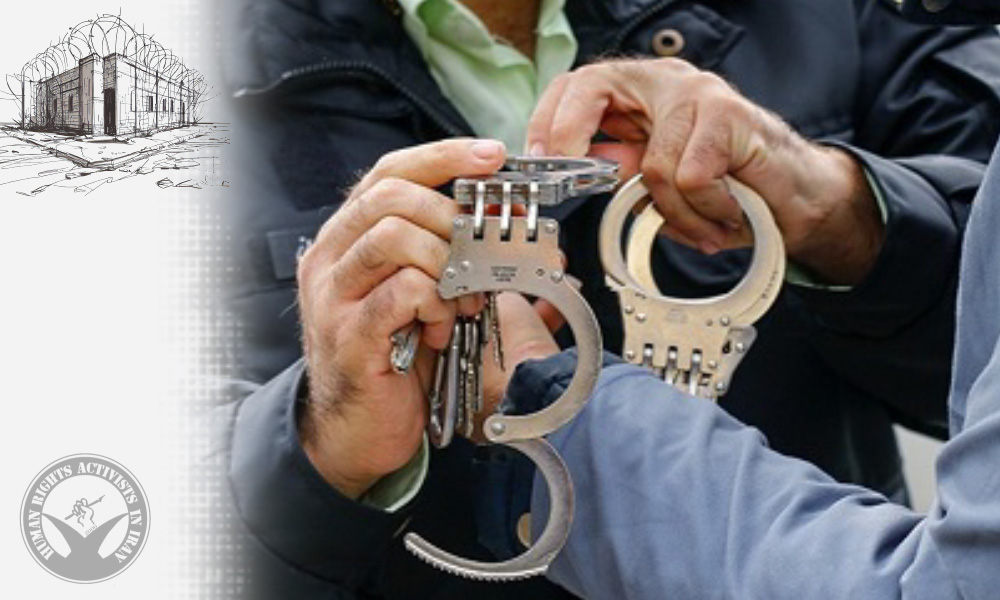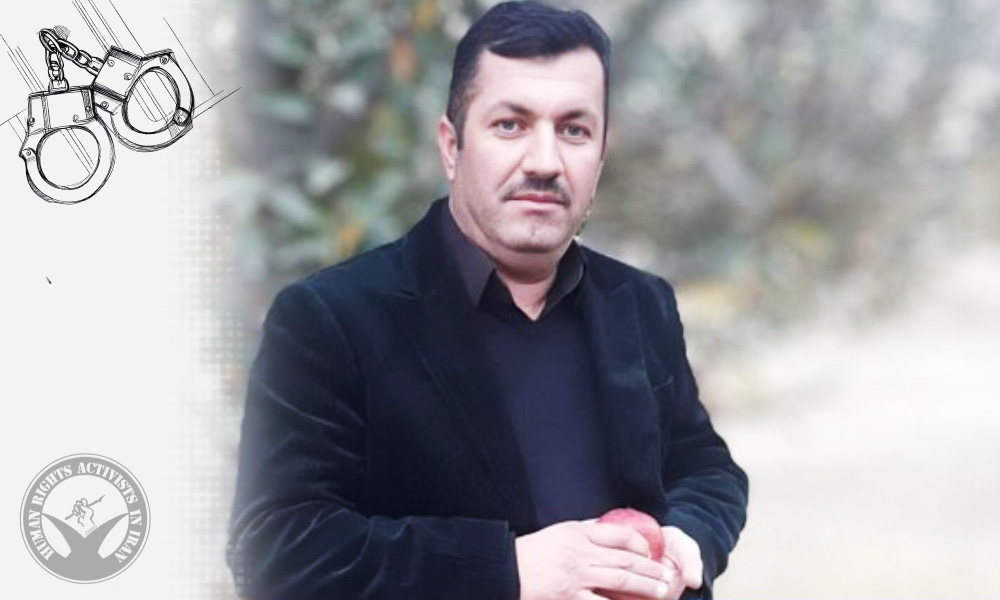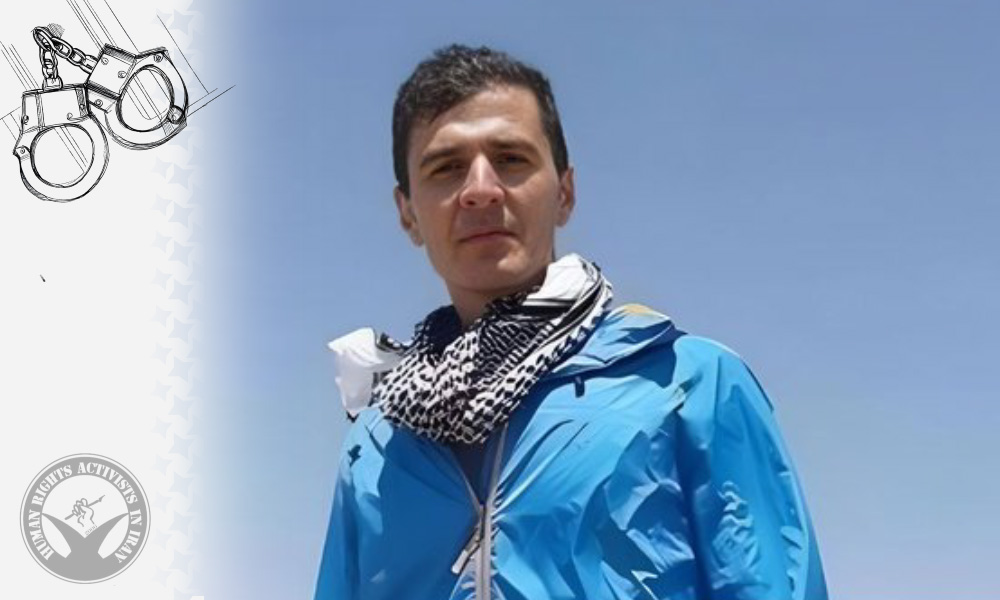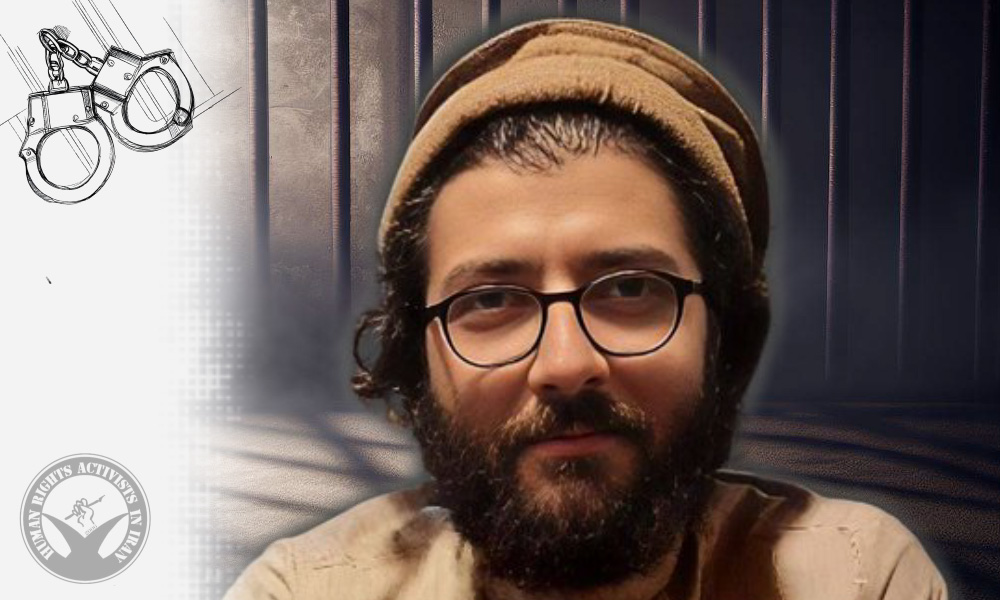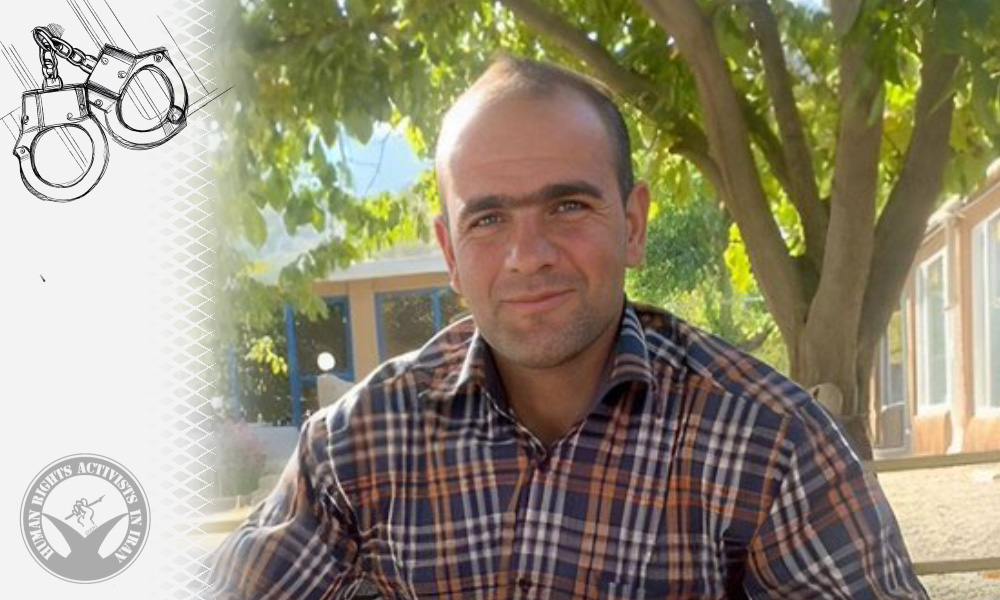On Friday, 30 September 2022, Zahedan, a city in Sistan and Baluchistan province, witnessed the deadliest incident of the Woman, Life, Freedom protests, which came to be known as “Bloody Friday.”
Amid the wider Woman, Life, Freedom movement and growing anger over the sexual assault of a local girl by police, protesters and bystanders were met with lethal force from security personnel, who used tear gas, live ammunition, and metal pellets.
The majority of victims were shot in the head, heart, neck, and torso.
The government claimed that many civilians were killed in the crossfire between attackers and security forces. However, several official reports indicate that footage analysis reveals security forces and plainclothes agents firing indiscriminately from rooftops at a gathering of protesters.
At least 100 people lost their lives on Bloody Friday, including at least 15 children.
Kurdish and Baloch citizens witnessed the bloodiest crackdowns during the Woman, Life, Freedom protests: over half of the total number of people killed came from the Baloch and Kurdish provinces, with children from these minority groups comprising 63% of the recorded child victims.
Now, two years after these violent events, no accountability or justice has been delivered for the victims.
With the anniversary upon us, Bloody Friday remains a symbol of broader repression. It not only underscores the Iranian regime’s willingness to use excessive force with impunity but also highlights the systemic marginalization of the Baloch minority, further compounded by economic deprivation, political exclusion, religious discrimination, and cultural repression.
HRA’s Pasdaran Documentation Project (PDP), launching in October, is an unprecedented database that offers the most comprehensive overview to date of Iran’s Islamic Revolutionary Guard Corps (IRGC), documenting its structure, chain of command, and human rights and international law violations perpetrated by the IRGC.
In the case of Bloody Friday, through PDP, several breaches have been identified, some of which trigger individual criminal accountability, extending beyond the state’s responsibility under international human rights law.
Types of Violations
- Right to Life
- Freedom of Assembly and Association
- Freedom from Torture and Cruel, Inhuman, or Degrading Treatment or Punishment
- Right to be Free from Discrimination
Possible International Crimes
- Murder as a crime against humanity
- Persecution as a crime against humanity, based on political, racial, national, ethnic, cultural, religious, or gender grounds
- Crime against humanity of an inhumane act of a similar character, intentionally causing great suffering
IRGC Involvement
The PDP database also identifies the specific IRGC units and personnel involved in events that led to severe human rights abuses, such as Bloody Friday. By tracing the individuals responsible for these incidents, the PDP provides a more detailed analysis of atrocities like torture, unlawful killings, and helps attribute direct accountability. During the Zahedan crackdown, where security forces used live ammunition, tear gas, and metal pellets against protesters, several IRGC units were involved, including the Kush County IRGC and the Quds Base Southeast, among others. These forces played a significant role in the violent suppression, firing indiscriminately at civilians and furthering the cycle of repression.
Continued Documentation
In addition to the analysis conducted by PDP, HRA’s Spreading Justice platform continuously tracks individuals responsible for human rights violations in Iran. This platform has identified key figures involved in the Bloody Friday crackdown:
- Hossein Modarres-Khiabani: Governor of Sistan and Baluchestan during the 2022 protests and head of the Provincial Security Council. He labeled the Bloody Friday protesters as terrorists and separatists and was directly involved in ordering and directing serious human rights abuses. He had direct oversight of the Iranian security forces.
- Ahmad Taheri: Head of Iran’s Law Enforcement Forces (LEF) in Sistan and Baluchestan. Like Khiabani, he had direct authority over the security forces that violently responded to the protests.
- Mahmoud Saadati: Police Commander of Zahedan, who commanded security forces to use lethal weapons against protesters. On October 27, 2022, he admitted to the negligence of certain officers.
- Mohammad Karami: Commander of the IRGC’s Quds Base in the southeastern According to reports from HRA, units under the IRGC Ground Forces, including those under Karami’s command, played a significant role in the suppression of unarmed protesters. Karami labeled the detained protesters as “armed criminals” and promised to air their confessions. One such confession was released just a few hours later.
- Ahmad Shafahi: Commander of Salman Revolutionary Guard Corps in Sistan and Baluchestan Province. He had direct control of the IRGC and the Basij during Bloody Friday. He is responsible for violent actions against peaceful protestors, including against children.
- Abuzar Mehdi Nakhai: The Governor of Zahedan and the Head of the Security Council. As the governor he was directly responsible for directing security forces in committing brutal acts against protestors
Zahedan’s Bloody Friday has become a symbol of the broader struggle of the Iranian people against government oppression. The massacre is a stark reminder of the regime’s willingness to use excessive force against its citizens, particularly in marginalized regions like Sistan and Baluchistan.
Accurate documentation is essential to securing justice and accountability. HRA hopes that our resources and analyses will aid civil society, states, and other stakeholders to pursue and initiate accountability efforts.





